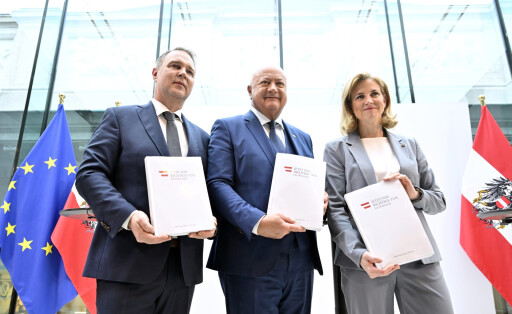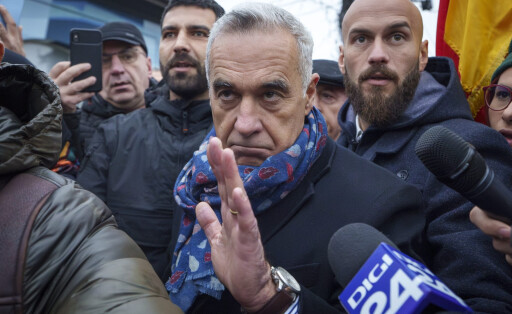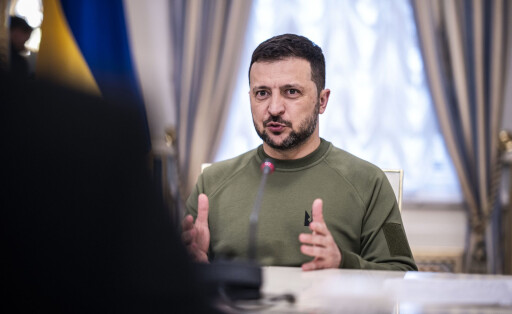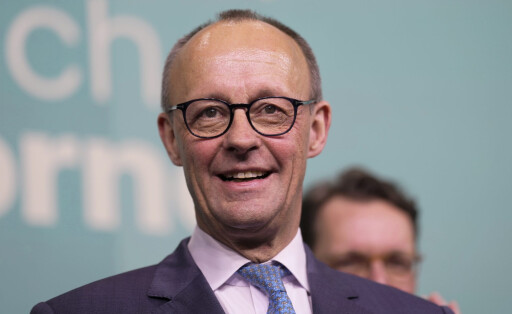
Wie wir Amerika wieder für Europa begeistern können
Mit dem Amtsantritt von US-Präsident Donald Trump haben die Gespräche zwischen den USA und Russland über eine Beendigung des Kriegs in der Ukraine begonnen. Wolfgang Ischinger, ehemaliger Leiter der MSC, erwartet, dass Washington in den kommenden Verhandlungen massiv auf die europäischen Bündnispartner angewiesen sein wird. Er plädiert für die Einrichtung einer internationalen Kontaktgruppe unter US-Führung mitsamt der Einbeziehung der Ukraine und der europäischen Partner.
Von Experts Table.Briefings








